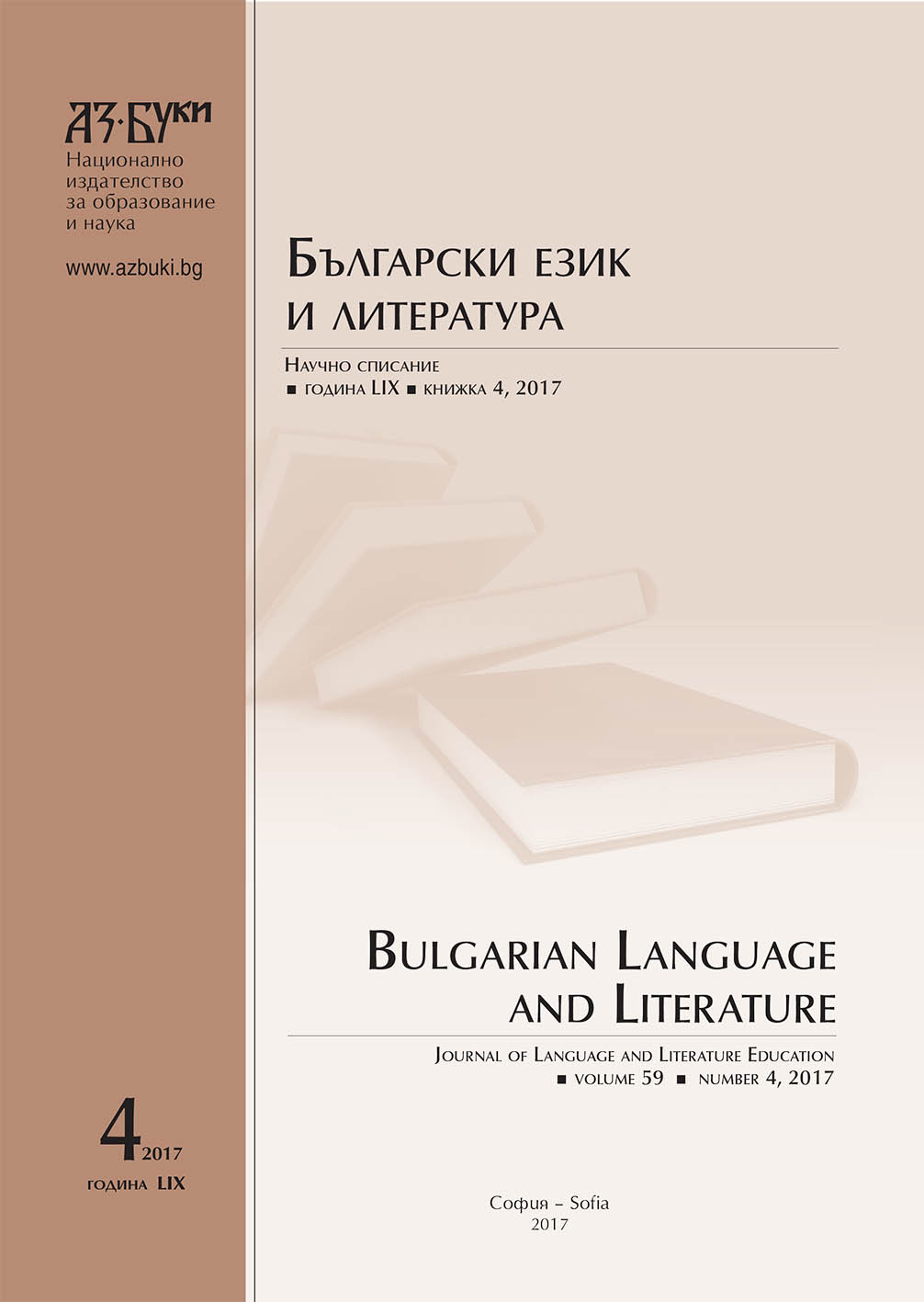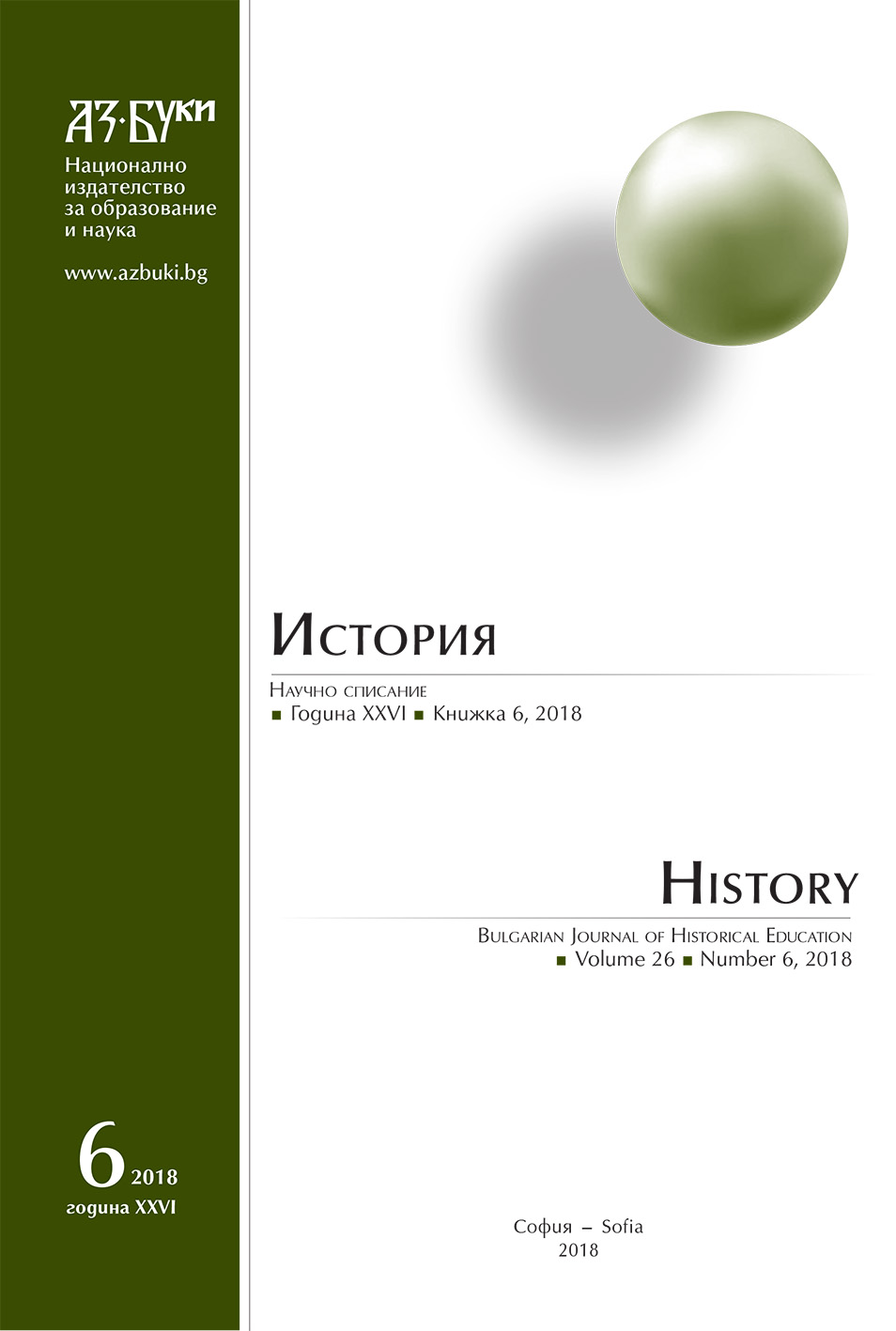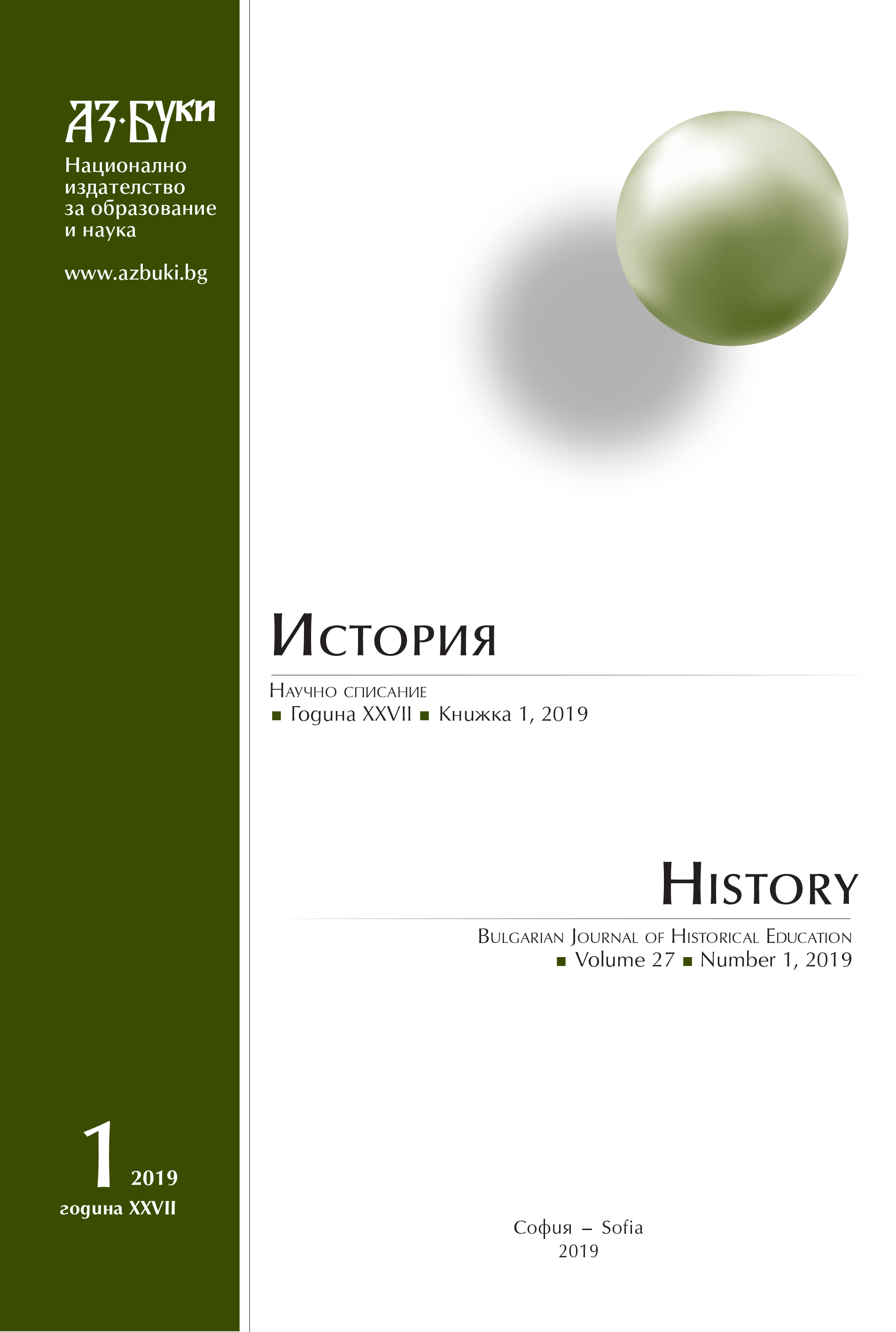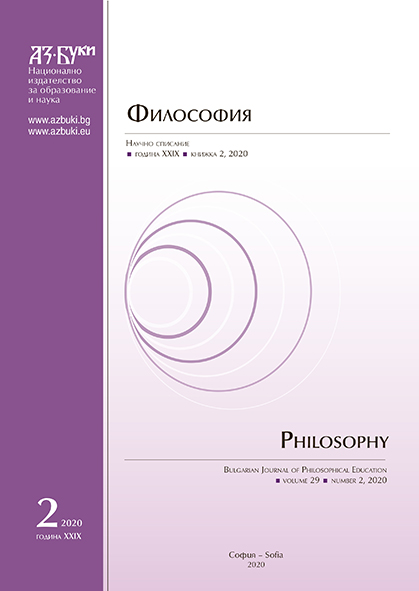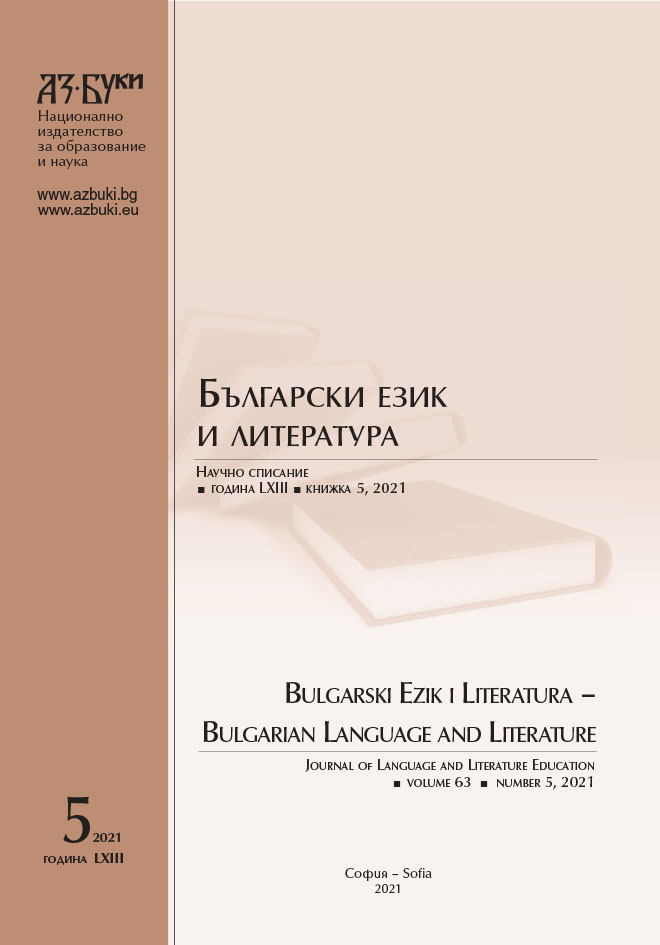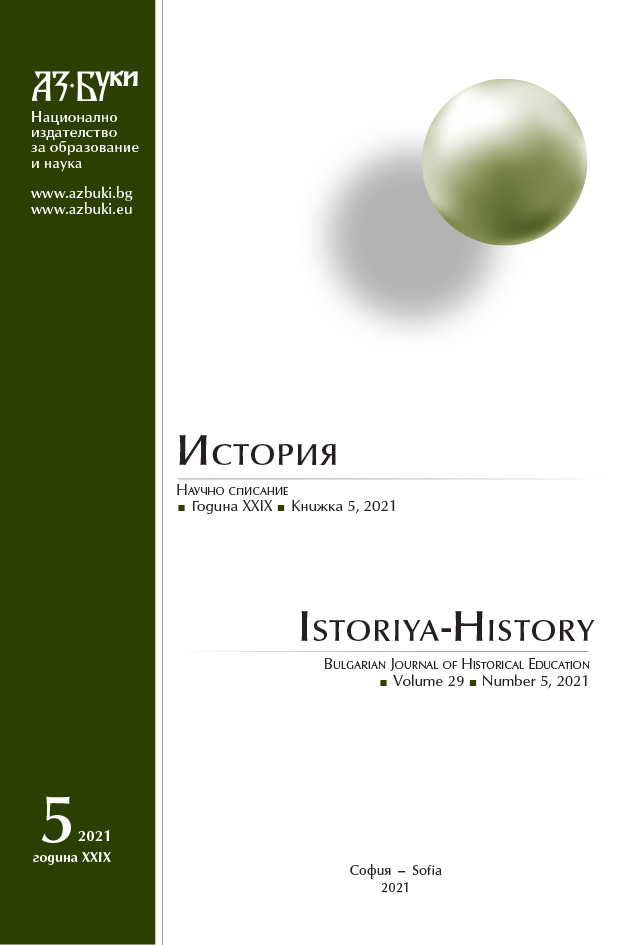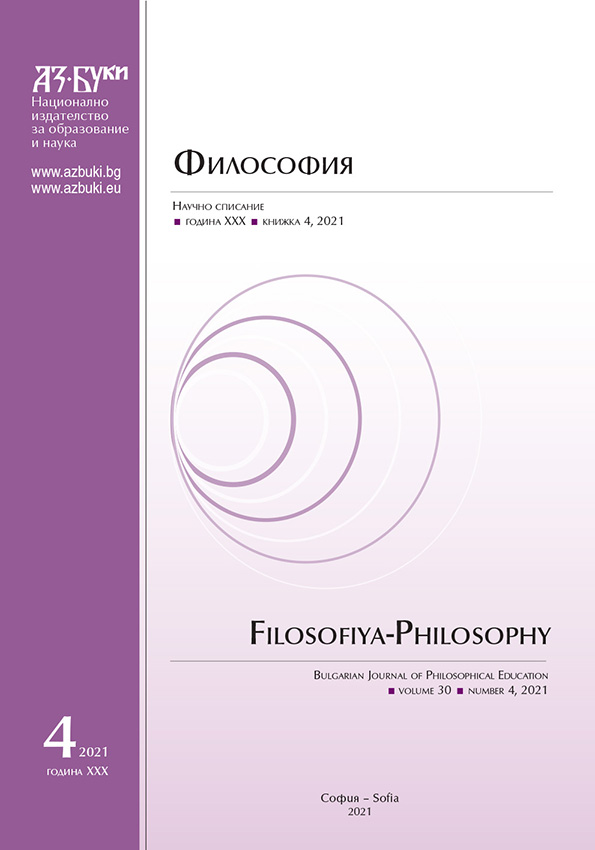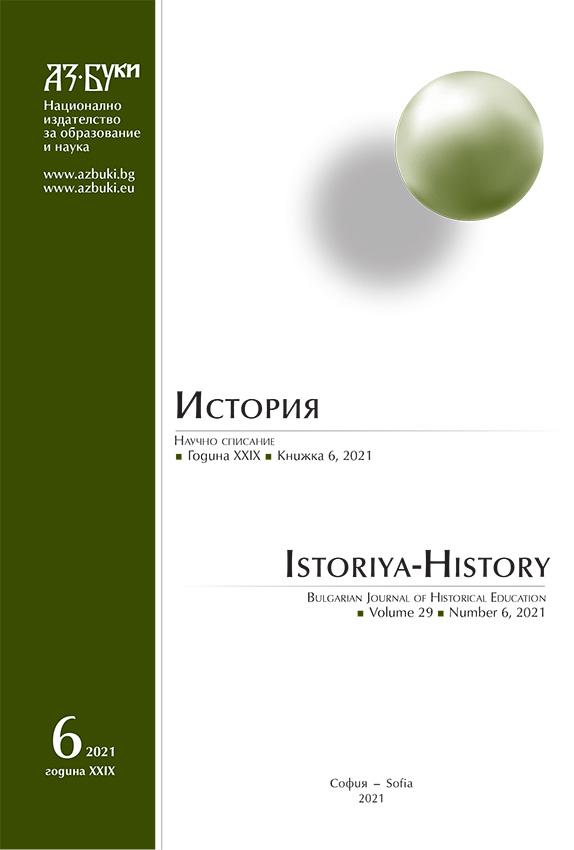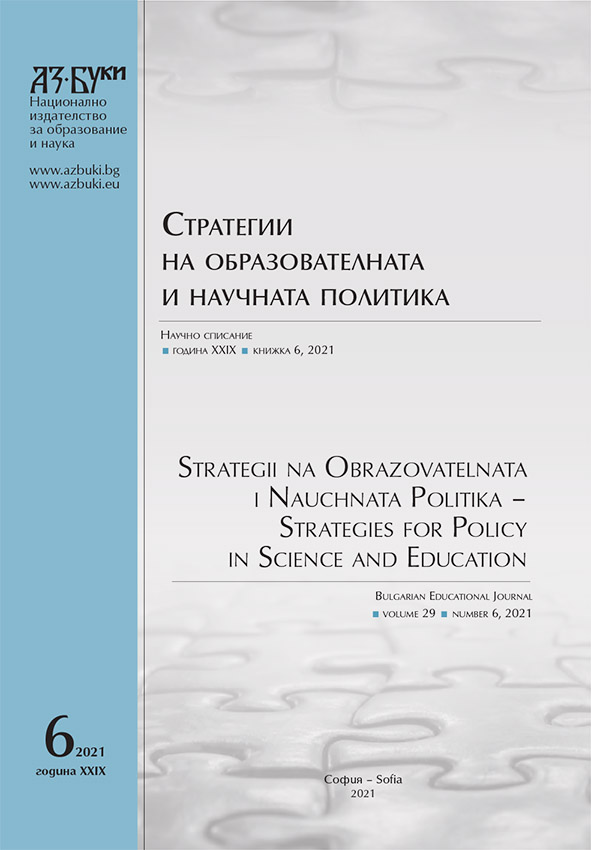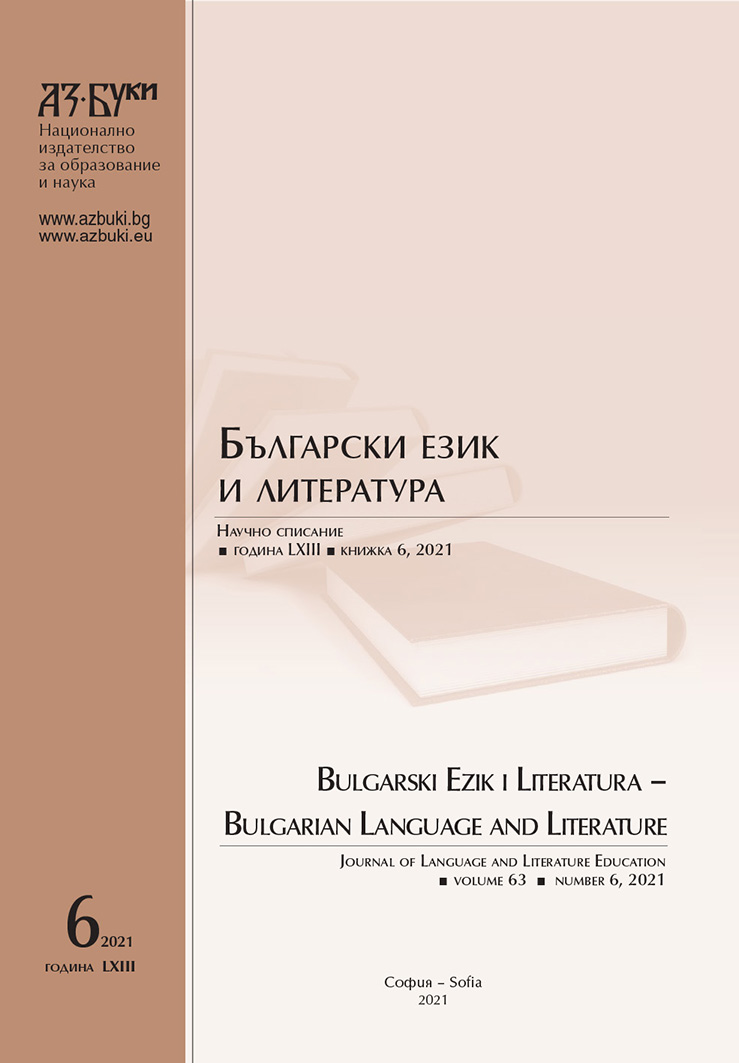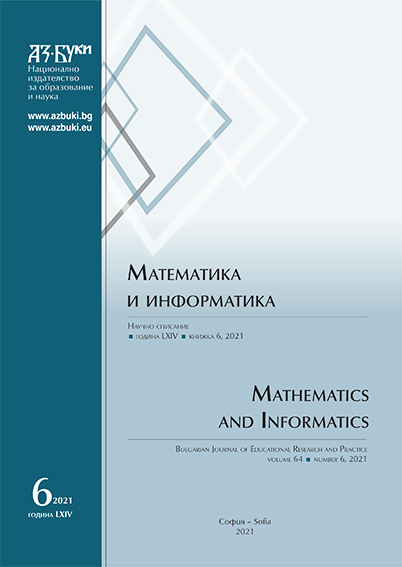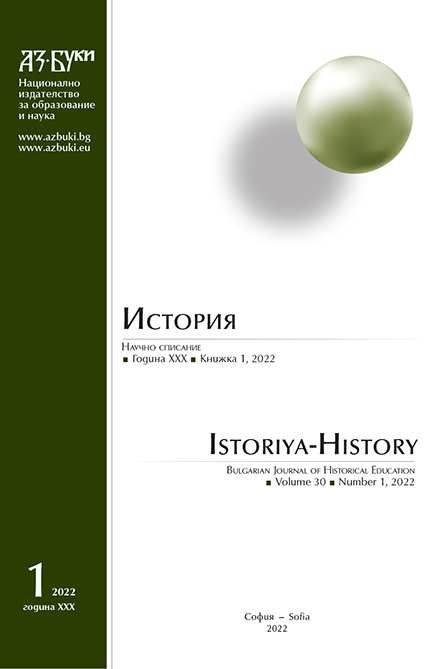Author(s): Anna Volodymyrivna Hedo,Svitlana Liaskovska / Language(s): English
Issue: 6/2021
The purpose of the article is to analyse the use of political propaganda methods employed by the Russian Empire before and during the First World War, in particular, on the Ukrainian lands, which became a direct theatre of military operations and a field of confrontation between intelligence and counterintelligence services of belligerent powers, which exercised manipulative influence upon great masses of population and implemented special technologies for the formation of public opinion. The research methodology is based on the principles of objectivity, systematicity, dialectics, historicism and interdisciplinarity. The study is grounded on problem chronological, institutional and historical methods, as well as social psychology methods, used in propaganda practices. Scientific novelty: on the basis of printed materials: brochures, First World War periodicals, published posters and woodcuts (lubki prints), as well as memoirs of people, involved in the organization of propaganda campaigns, certain objects, technologies and forms of propaganda, in particular, the involvement of intelligence officers of the Russian Imperial Army in manipulative technologies, were defined. The widespread use of propaganda and counter-propaganda by the states that were the main players of the First World War, became a kind of hallmark of that war. In Russia, unlike other states, there were no special bodies and no such bodies were created later to influence public opinion in their own, hostile or neutral states. The peculiarity of the propaganda of the Russian Empire was the use of mainly constructive (positive) propaganda aimed at neutralizing social conflicts within the state, uniting the population and the authorities and their joint struggle against the enemy. The ideas of Pan-Slavism and Neo-Slavism were actively applied in the international realm. They were aimed at the unity of the Slavic world under the auspices of Russia as the defender of the Slavic peoples and the Orthodox Christian faith. The use of destructive propaganda technologies was aimed at creating the image of the “enemy” and uniting patriotic forces against it. At the same time, Russia failed to offer Slavic peoples of the empire, in particular Ukrainians, to realize their political aspirations in resolving the national issue; it did not feel a change of mood and did not restructure the content of propaganda rhetoric, which eventually led to its defeat in the information and psychological space.
More...
